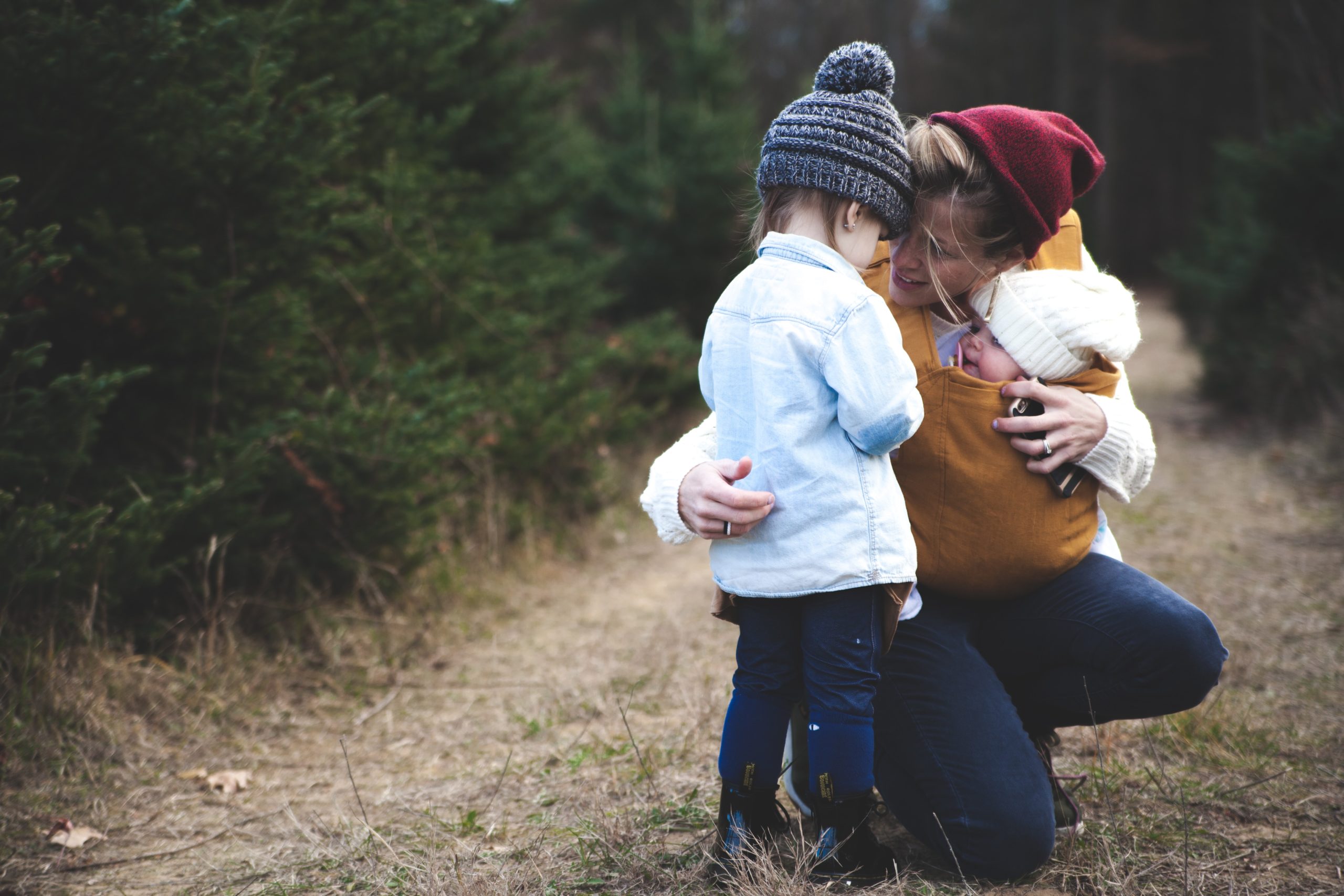😊 Raising Empathetic and Compassionate Kids
by Regi Publico
Children are the greatest part of life. They are curious, innocent, and full of love. Often, caring for them is one of the most rewarding things we can do in this world. But even with all their sweetness, children can be stubborn and moody at times, making it hard to figure out how to raise an empathetic and compassionate child.
The ability to care for others is likely a part of every person’s human nature. But I have found that, at least where children are concerned, it’s something we can strive for — not just for the sake of our children but for the sake of everyone. Here are some ways to help raise compassionate kids:
1. Believe In Your Child’s Kindness
All of us want to help others — and we should! But before you can instill that desire in your kids, you need to believe that they already have it. That may sound surprising, but it’s true. Children are born with the seeds of compassion and kindness within them, but it’s up to us to provide the proper environment in which they can flourish.
2. Teach Them To Embrace Differences
It can be tricky to trust your child to be kind towards kids with learning disabilities or those who look and act differently than they do, especially when so many other things are important for them to learn in school. But teaching your child to be kind towards those who are different from them is one of the most valuable lessons you can teach them. It’s true that children who don’t understand something are often slow to accept them. By teaching them that people live in different circumstances and that they should be kind towards everyone, you can help them develop a greater understanding of the world around them.
3. Praise Their Compassion
There’s nothing that kids love more than being praised for their kindness and compassion. You don’t have to go out of your way to praise your child for being kind, and all it takes is a little respect and appreciation for their efforts.

4. Let them Know How Helpful They Can Be
Children are natural helpers. Helping others, after all, is how they learn to behave more kindly towards their friends and family members in the first place. But what we consider helpful sometimes needs some help itself. If your child brings you a book and leaves it beside your bed, you might like to find something else for them to do. But if you tell them that bringing the book was helpful and that they’re a good helper, they’ll know what they should do next time.
5. Help Them Understand That Being Kind Is Important
Help your kids understand that kindness isn’t just an elusive trait but something that, once understood and developed, will make all the difference in their lives. From helping to get the bus on time when you’re running late to being kind to a new friend or teacher, there are always ways that being kind can lead to golden experiences.
6. Show Them The Importance Of Giving
Help your child understand that being kind doesn’t have to be something that costs you time, effort, or money. One of the best ways to do this is by showing them how someone big can make a big difference in the world. That someone might be you — and if you set a good example, they’ll be more likely to follow it.
For example, ask your child what their friends think of when they think of you. Do they see someone who helps them when they’re sad or someone who just wants to be friends? Help your child understand that being kind is important and can make a big difference in the lives of those who need it most.
7. Remember That Kindness Can Be Found Everywhere
Kids need to understand that being kind is not something special and unique to them. Kindness is a natural part of every human being, and it can be found everywhere. This should be encouraged and celebrated so that your kids know they don’t have to do anything special to be kind — they just need a little encouragement, and their goodness will shine through.
Sometimes it’s easy to confuse kindness with niceness, but being compassionate and kind doesn’t mean you have to be soft. It just means that, when faced with others who are suffering or in need of help, you can respond in ways that make it easier for them to get what they need.
Articles like these help children become the compassionate people we all want them to be. To read more articles such as this one, visit our website.
Craig Selinger
Latest posts by Craig Selinger (see all)
- Special Education Itinerant Teacher (SEIT) – Private Pay - February 29, 2024
- About Mandy Vadnai: Bridging Special and General Education in NYC - February 28, 2024
- Private Pay SLP Services by Brooklyn Letters in Litchfield County - August 13, 2023
